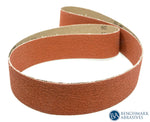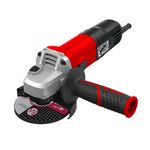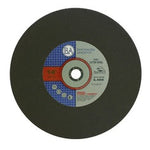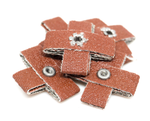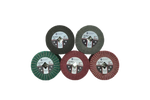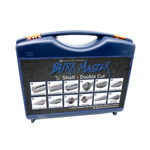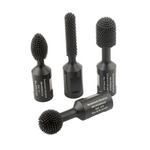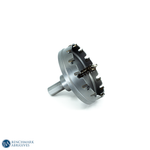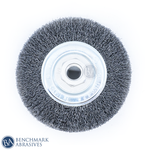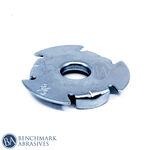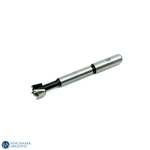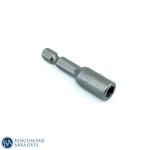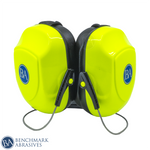
Revolutionizing Woodturning: The Impact Of Abrasives On Craftsmanship

Achieving exact finishes and smooth surfaces is essential in woodworking. To do this, woodworkers use a range of instruments and methods; one instrument that has completely changed the sector is coated abrasives. Coated abrasives have revolutionized woodworking, offering effectiveness, adaptability, and excellent finishing outcomes. This article will examine coated abrasives' function in the woodworking sector, emphasizing their benefits, uses, and new developments.
COATED ABRASIVES
Abrasive materials, known as coated abrasives, are made of a substrate, usually paper or cloth, to which abrasive grains are firmly attached using a specialized adhesive. A variety of materials, such as silicon carbide, zirconia alumina, or aluminum oxide, can be used to make the grains. Applying the quality abrasive material precisely ensures the best possible cutting, grinding, and finishing qualities.
BENEFITS OF COATED ABRASIVES
- Versatility: Because they come in different grit sizes, abrasives with coatings can be used for a variety of woodworking tasks. There is a coated abrasive to satisfy any need, be it fine polishing, rough sanding, or anything in between.
- Consistent Performance: Coated abrasives provide consistent cutting and polishing performance over their lifetimes. The consistent distribution of abrasive grains on the surface guarantees consistency and predictability in the woodworking process.
- Durability: Coated abrasives' strong and durable base material enables them to endure the rigors of woodworking operations. Woodworkers can save money with them since they can withstand high-speed sanding, withstand tearing, and continue to function for extended periods.
- Exceptional Surface Quality: Coated abrasives' outstanding surface finishes leave woodworkers with flawless surfaces. Their careful and deliberate cutting eliminates flaws while maintaining the structural integrity of the wood.
USES OF COATED ABRASIVES IN WOODWORKING
- Stock Removal: To swiftly remove extra material from hardwood surfaces, coated abrasives are employed in the first stock removal procedures. This aids in shaping the workpiece and gets it ready for further refining steps.
- Sanding and Smoothing: Coated abrasives work well for sanding tasks that involve leveling uneven surfaces, removing paint or other finishes, or producing an incredibly smooth texture. Woodworkers can attain the required degree of surface smoothness by selecting varying grit sizes.
- Shaping and Contouring: Woodworkers can obtain unique forms or elaborate designs by using coated abrasives, which are skilled at shaping and contouring wood. The correct method and abrasive can easily accomplish precise edges and curves.
- Finishing and Polishing: Coated abrasives are commonly used in the last stages of woodworking to smooth out the surface, remove previous blemishes, and prepare the wood for staining, painting, or varnishing.
CHANGING PATTERNS IN COATED ABRASIVES
- Eco-Friendly Solutions: The woodworking industry is adopting eco-friendly coated abrasives due to growing environmental consciousness. To lessen the carbon impact of abrasive production, manufacturers are creating items with water-based adhesives and using recycled materials for the substrate.
- Innovative Backing Materials: Better backing materials, including polyester films or flexible cloth, are now available for coated abrasives, offering increased conformability and durability. More control and precision are now possible for complex woodworking projects thanks to these developments.
- Specialized Coatings: To meet specific woodworking requirements, coated abrasives with specialized coatings are starting to appear. For example, anti-loading coatings stop wood particles from building up on the abrasive surface, while anti-static coatings lessen clogging.
CONCLUSION
Because coated abrasives give woodworkers excellent finishing results, consistency, and versatility, they have entirely changed the woodworking business. For woodworking operations, coated abrasives are essential for obtaining accurate finishes and smooth surfaces, from stock removal to shaping, sanding, and polishing. Coated abrasives will undoubtedly develop as the market does, providing even more specialized solutions and eco-friendly choices that will raise the caliber and productivity of woodworking operations even further.

